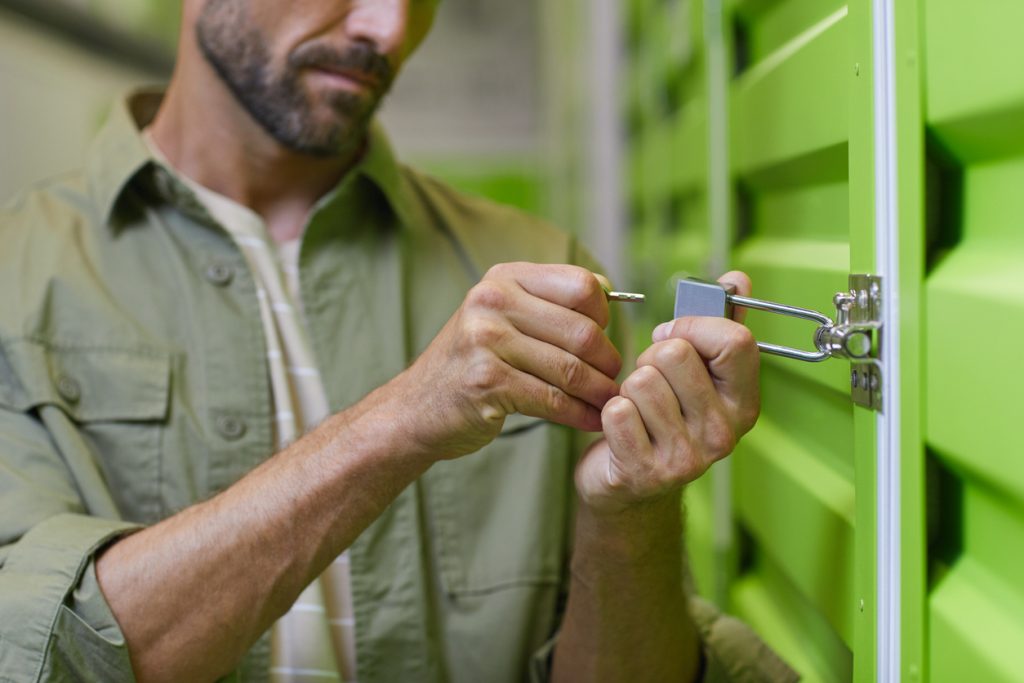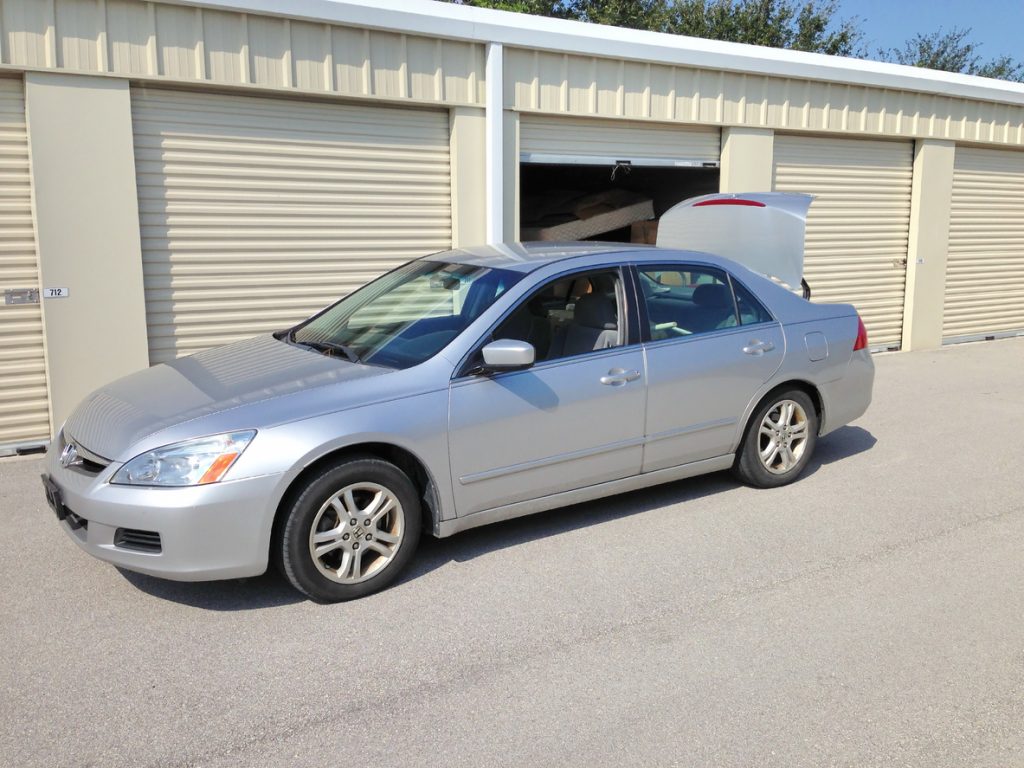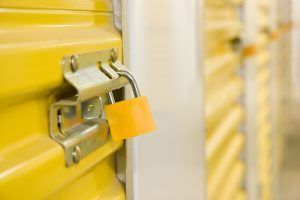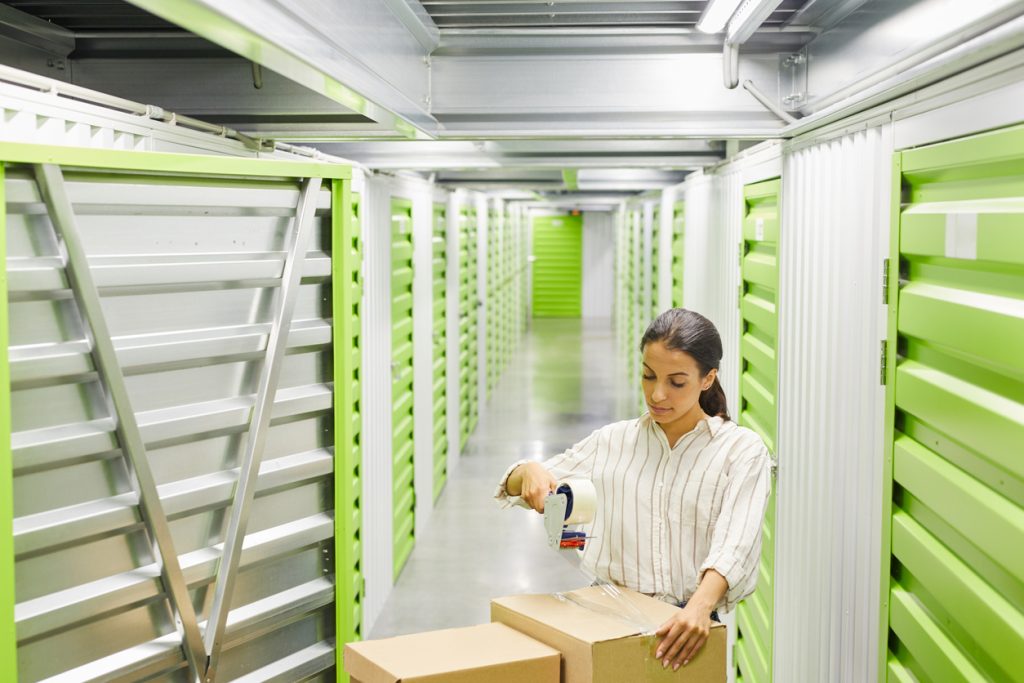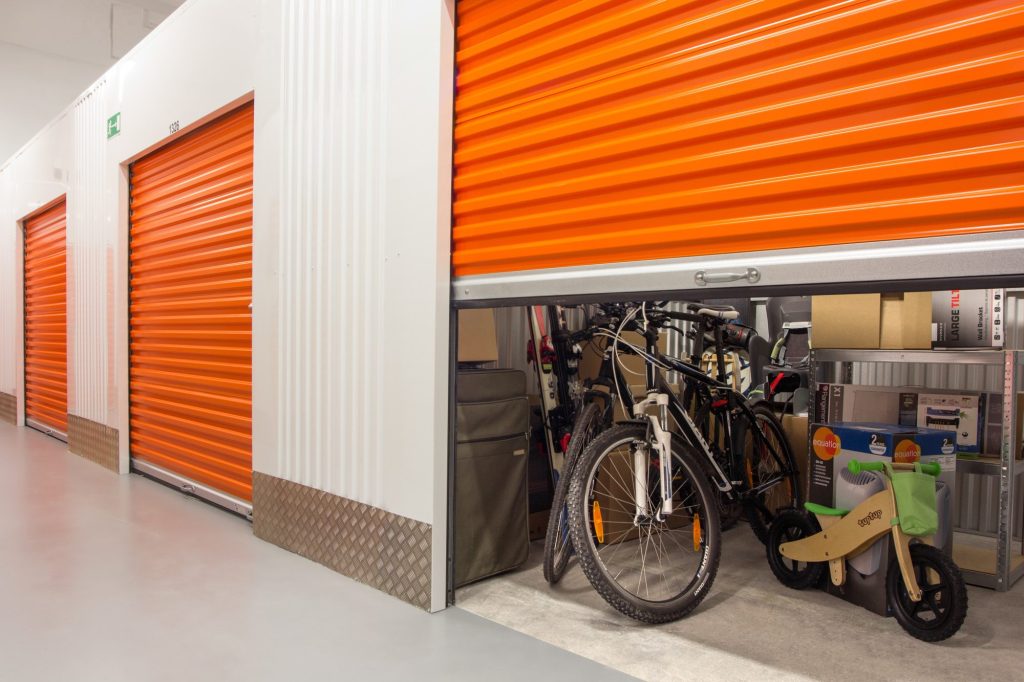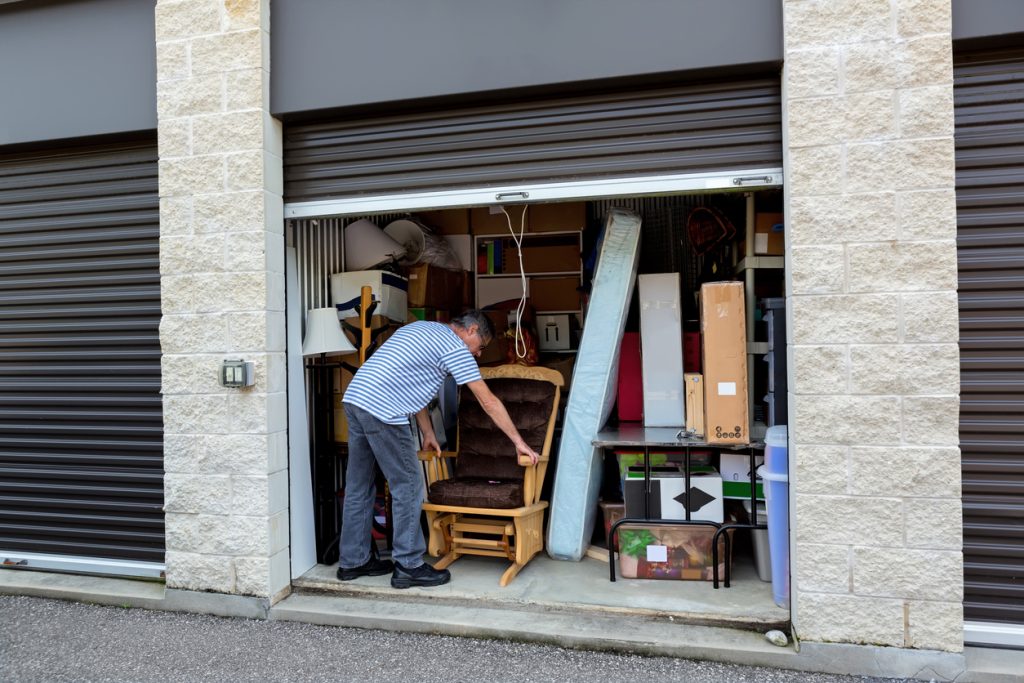Self-storage has a lot of benefits, such as freeing up storage space in your home or providing a safe space to store your belongings when going away, but low rental prices do come with some potential risks – including making it extremely easy to end up hoarding things instead of throwing them out.
Storage can be extremely helpful if you’re in need of a safe, secure place to keep your belongings. Your reason for needing storage could be a number of different things, such as:
- Moving house
- Renovating your home
- Downsizing your house
- Moving abroad
- Going to university
- Freeing up space at your business premises
- Safely storing items you don’t currently need for your business
- Storing stock and archives for your business
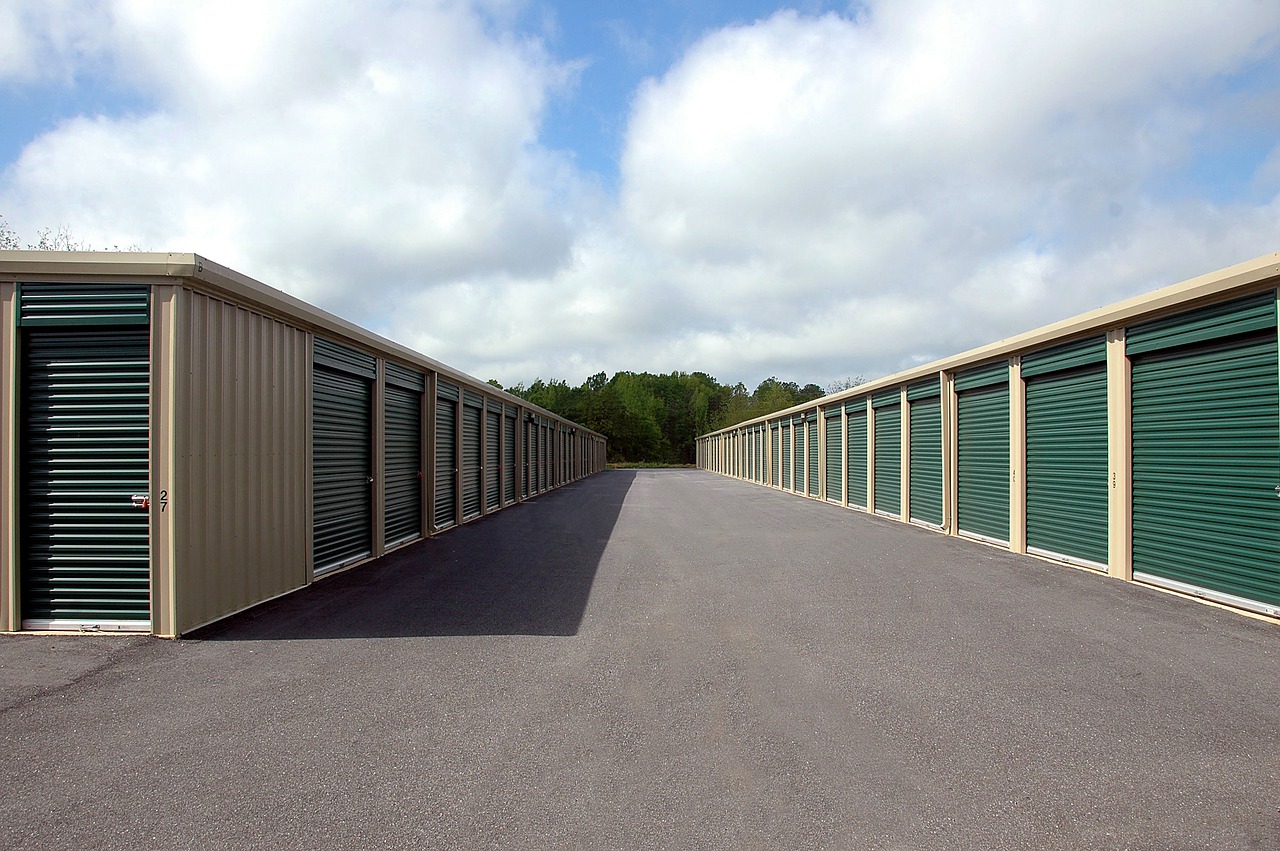
So, there are a lot of legitimate uses for using a storage unit. However, with many facilities charging for the use of a storage unit based on square metres, it pays to use a smaller unit if you can.
As this article recently highlighted, hoarding can get out of control when it comes to storage units, and that translates to high costs for storing items you don’t even need.
How to avoid hoarding things you don’t need in storage
1) Go through your belongings before packing them into storage
Before you put your items into storage, go through them and decide what you really need. It’s a good idea to think about why you’re putting them into storage and decide whether you’ll actually need them once your contract is over.
For example, if you have furniture and gadgets when renovating or moving house you’ll probably need these, however, if it’s just clutter from your home it may be a good idea to declutter now and save yourself money on the size of the storage unit you need to rent.
2) Keep an inventory
Another good way to avoid hoarding is by keeping an inventory of all the items you are putting into storage. Keeping an invoice inventory allows you to keep track of the items you have stored currently – and the items you’re adding to it.
In the future, when you come to either take your items out of storage or to add more to them, you can have a look at your inventory and decide what you no longer need, or simply replace items rather than having to scale up and pay more for a larger storage unit.
This is particularly beneficial to businesses who are looking to use storage to store stock or archive old paperwork as an inventory can be extremely useful for business purposes as well as for ensuring you’re not holding on to any unnecessary items.
Read next: how to save money on packing materials for self-storage
3) Reanalyze what you have stored
Finally, it’s a good idea to make sure your re-analysing the items you having storage every couple of months it can be easy to forget what you having storage and realise that you no longer than actually need it full stop
If you’re a student, for example, you’ll probably have forgotten half of the things you already having storage so coming back to your unit and having a look at what you’ve got could easily save you money by deciding that you:
a) either no longer need a storage unit or
b) can declutter your items and pay less for a smaller storage unit full stop
However big your storage unit is, taking out a storage insurance policy to protect your belongings is always a good idea.
Often, this is a mandatory requirement for most storage facilities in order to ensure that your belongings are protected in the event of a fire, flooding, vandalism, theft, damage or other unexpected incidents.
We believe in offering competitive storage insurance for all of our customers to suit all budgets. Get a quote for your storage insurance policy today.
